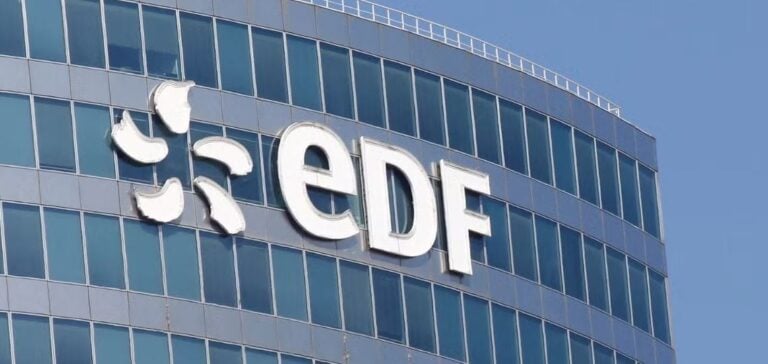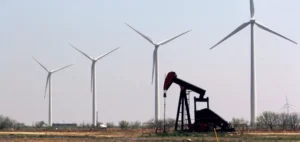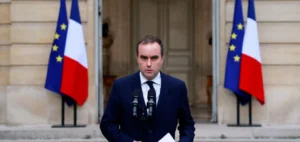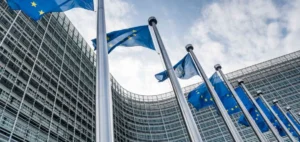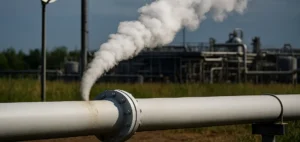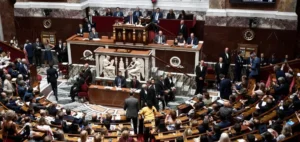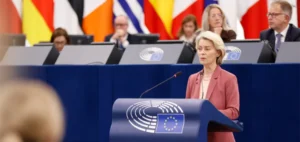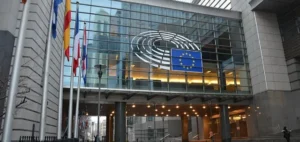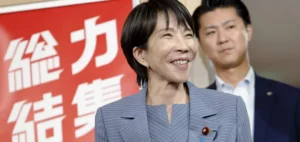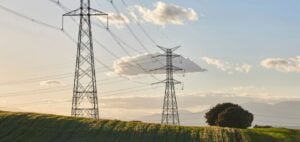EDF has finalized a salary agreement for 2025, signed unanimously by its four representative unions (CFE-CGC, CGT, CFDT, and FO). This agreement includes a global increase reaching 2.7%, consisting of a 1.9% individual raise and a 0.8% general increase applied at the sectoral level.
The discussions, concluded on December 24, mark a significant step in the annual negotiations within the electricity and gas industries. According to Laurent Koessler, spokesperson for CFE-Énergies, this compromise reflects a shared effort to stabilize salaries for the approximately 140,000 affected employees.
A sector-specific salary structure
In the electricity and gas industries, salary increases follow a two-step mechanism. General increases are determined at the sectoral level and apply to all companies, while specific packages are negotiated individually by each company.
The inter-union coalition, comprising CGT, CFE-CGC, CFDT, and FO, initially demanded an individual package of 2.3%. Although the final agreement was limited to 1.9%, it was approved by a majority, notably with a 76% favorable vote by the CGT.
Progress at EDF, uncertainties in the gas sector
While EDF and its subsidiaries, such as Enedis, successfully concluded their negotiations, uncertainties remain in certain strategic gas companies. Storengy (underground storage), Elengy (LNG terminals), and GRTgaz (gas transport) are still in discussions with their unions.
These companies, essential for France’s natural gas supply, will resume negotiations in January 2025. They were among the most affected by the December 5 national strikes, highlighting persistent tensions regarding working conditions and salaries.
General consensus in the electricity sector
In the electricity industry, negotiations seem to reflect a general consensus. Enedis, EDF’s subsidiary specializing in distribution networks, has also signed similar agreements. These developments indicate a shared intention to ensure social and economic stability in this critical sector.


